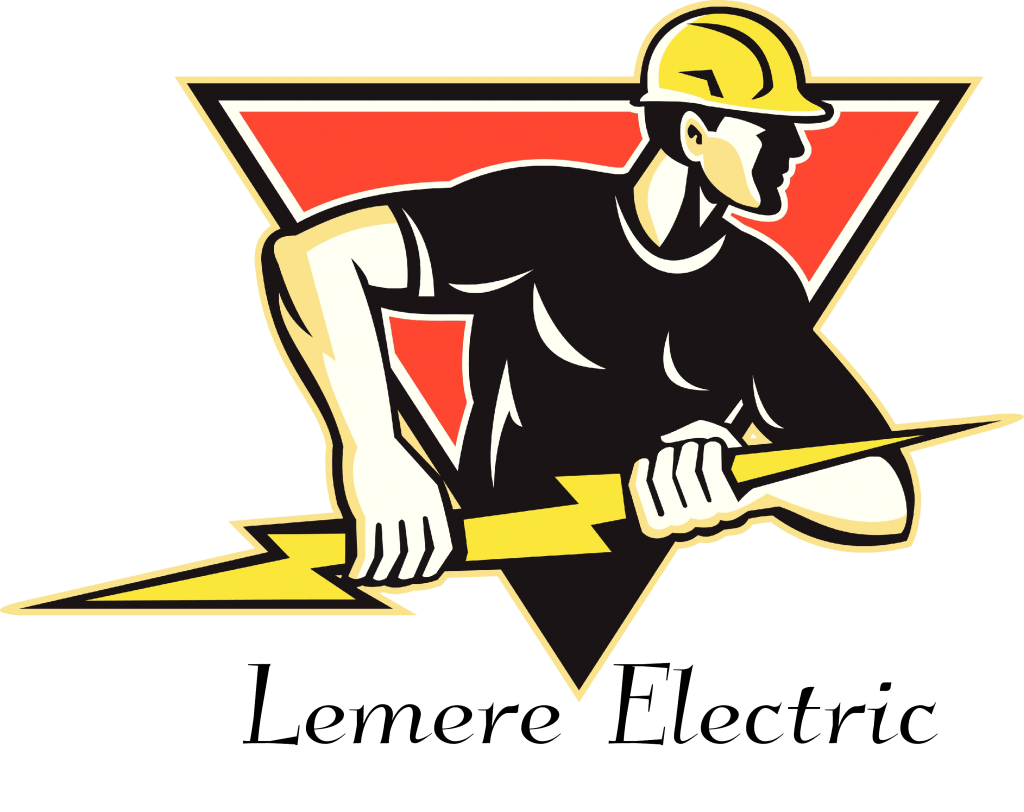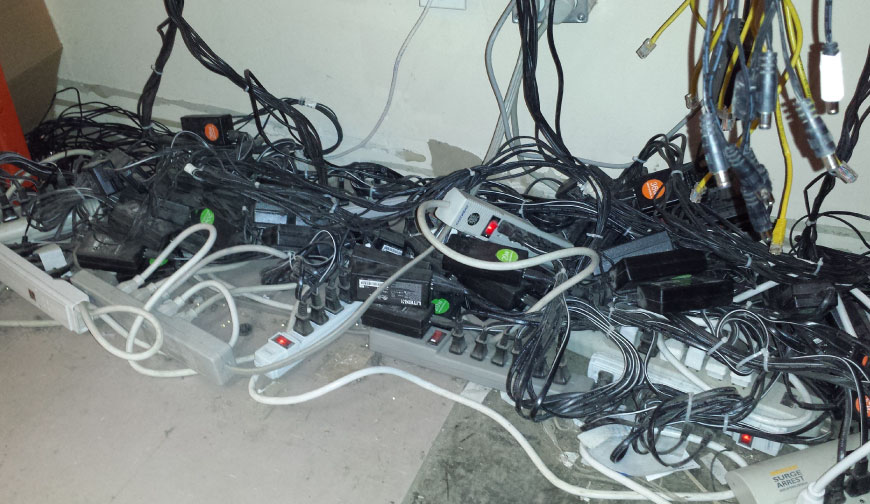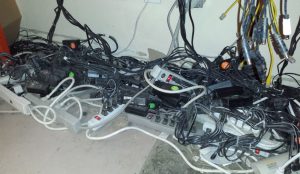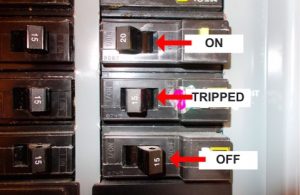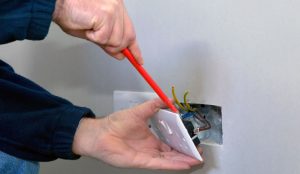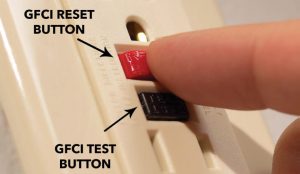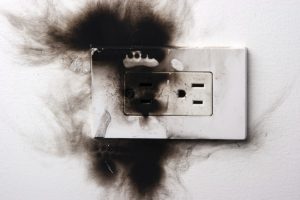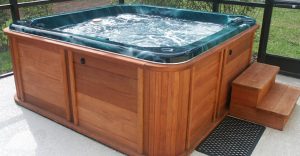Power strips can be useful to a common household, but they are not meant to power all your electrical needs. In fact many people may unknowingly overload a power strip which can result in fire or electrocution. The following are different (avoidable) ways that outlets can become easily overloaded by a power strip resulting in unsafe conditions:
• one wall receptacle serves multiple high-use power strips;
• the power strip serves an excessive number of appliances; and
• the power strip serves high-voltage items that are not intended to be plugged into ancillary power sources, such as refrigerators, microwaves or space heaters.
Just because a power strip has eight outlets doesn’t mean you can or should plug in eight things. It also does not mean that you can extend that power by plugging in another power strip. It all depends on what you’re plugging in.
There are certain things, like an alarm clock or a fan used for cooling, that don’t draw that much power. Even a computer or a television doesn’t draw a tremendous amount of power.
But heating products, like a toaster, a hair dryer, a crockpot or an electric skillet, draw a lot more power, or current. Keep it to one of those per power strip.
It’s pretty easy to overload a power strip. When this happens you will likely trip a circuit breaker, which is exactly what a breaker is designed to do. You can prevent this headache by making sure you are using your power strip correctly and not plugging too much into a single strip. The other option you have is to install more outlets in an area, but you have to make sure that you have enough amps to do so.
We always recommend talking to a licensed electrician if you are considering more outlets or having trouble with your breakers. Give us a call, phone advice is always free :)!
